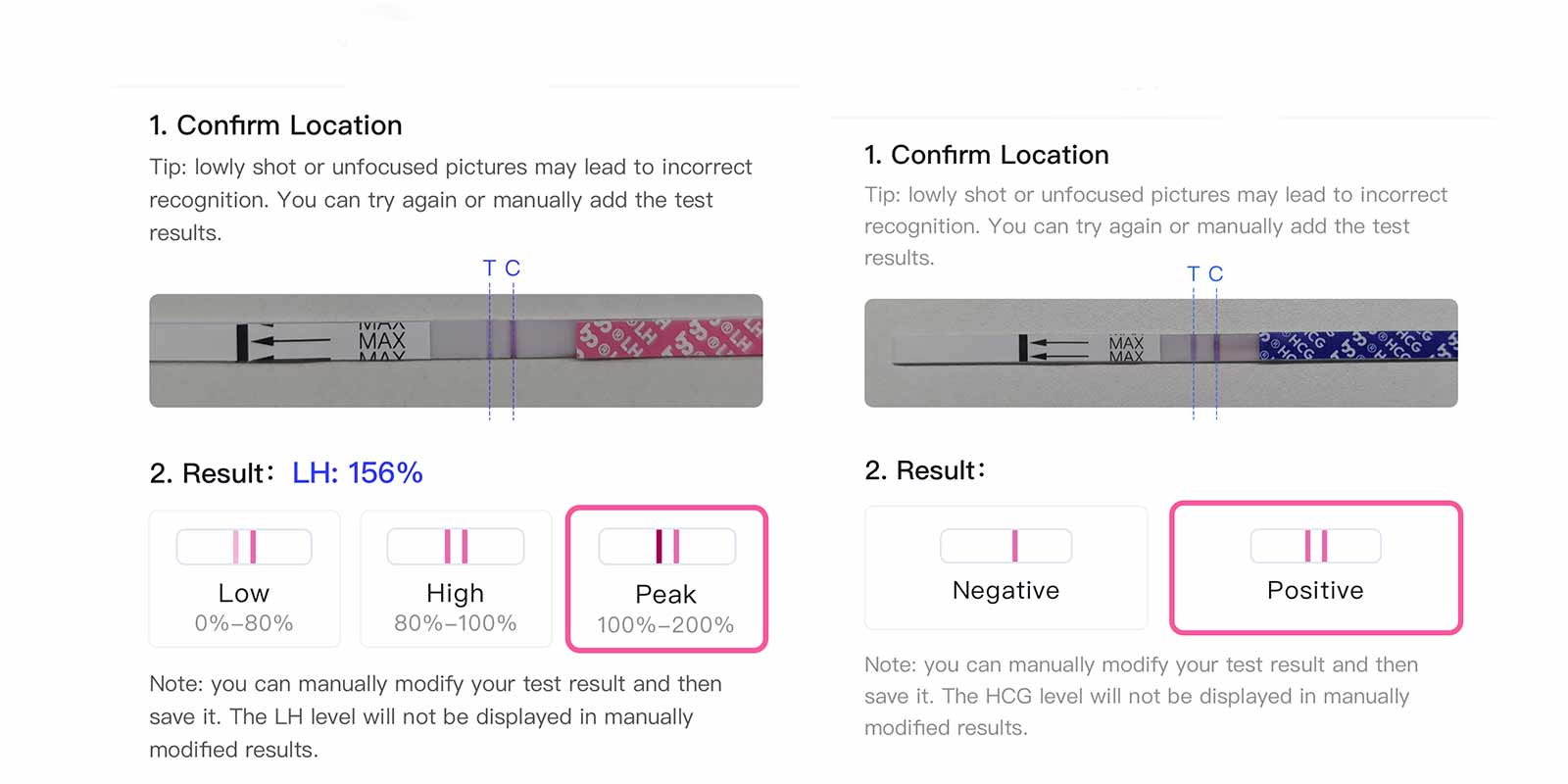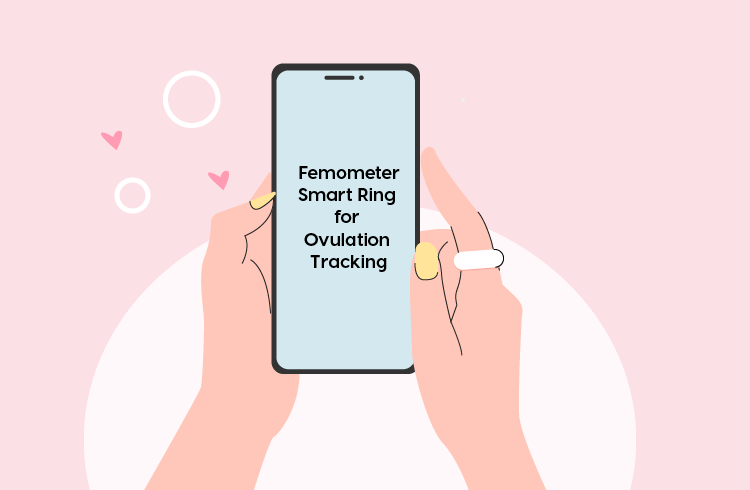The Role of Luteinizing Hormone (LH) in Fertility: Key in reproductive health
Hormones play a pivotal role in orchestrating the delicate balance required for a healthy cycle and reproduction. Among these hormones, luteinizing hormone (LH) stands out as one of the hormones that is front and centre.
What is Luteinizing Hormone (LH) and why is it important?
Luteinizing hormone, (LH) produced by the pituitary gland, is a vital hormone that helps to regulate reproductive processes. It works hand in hand with other hormones, such as follicle-stimulating hormone (FSH), estrogen, and progesterone, to ensure the proper functioning of the reproductive system. LH plays a pivotal role by triggering ovulation and preparing the uterus for fertilization. When it comes to importance, LH is definitely up there!
So, what function does LH play?
LH plays a key role in regulating the menstrual cycle and ovulation. As we may know, the menstrual cycle consists of several phases, each driven by specific hormones. At the start of the cycle, the pituitary gland releases FSH, which stimulates the growth and maturation of follicles in the ovaries. These follicles contain immature eggs. As the menstrual cycle progresses, LH levels begin to rise, signalling the final maturation of the dominant follicle.
Once the LH surge occurs, usually around the middle of the menstrual cycle, ovulation is triggered. This surge prompts the release of a mature egg from the ovary. The egg then travels through the fallopian tube, where it can be fertilized by sperm (if there's one waiting!). LH also stimulates the ruptured follicle to transform into the corpus luteum, a temporary endocrine gland that produces progesterone.
Why is LH important, and why is it important to know your levels?
LH's primary role in fertility is to stimulate ovulation and prepare the uterus for pregnancy. After the egg is released, LH promotes the development of the corpus luteum, which secretes progesterone. Progesterone helps thicken the uterine lining, creating the ideal environment for a fertilized egg to implant and develop further. If fertilization does not occur, the corpus luteum eventually degenerates, leading to a decrease in progesterone production, and the menstrual cycle starts anew.
Monitoring LH levels is vital for understanding fertility patterns and can really help to optimize the chances of conception. By detecting the LH surge, people pinpoint their most fertile days, increasing the chances of pregnancy.
How to Test Luteinizing Hormone Levels
Accurate tracking of LH levels is essential for understanding fertility patterns and optimizing the chances of conception. Various methods are available for testing LH levels, each with its own advantages and considerations. Let's explore the most common approaches:
Digital LH Tracking Kits:
Digital LH tracking kits, such as the Ivy Fertility Tracking Kit from Femometer, have gained popularity through simply being convenient and accurate. The digital monitor interprets the results and provides a clear indication of the LH surge. This method allows individuals to track their LH levels throughout the menstrual cycle, enabling them to pinpoint their fertile window accurately.

Product suggested: IVY112 Digital Ovulation Test Kit
Product suggested: IVY103 Fertility Tracking Kit
Digital LH tracking kits offer several advantages. They provide a user-friendly interface, guiding individuals through the testing process and storing historical data for better fertility insights, to help you to make decisions that may help to increase the chances of conception. The accuracy of LH detection in these kits helps in identifying the LH surge with precision, giving you pinpoint data to act on.
Blood Tests:
Another method to measure LH levels is through a blood test. Blood tests provide precise measurements of hormone levels, including LH. However, blood tests usually require a visit to a healthcare professional, making them less convenient for at-home monitoring.
General Test Strips:
General test strips are an affordable option for at-home LH testing. These strips work similarly to pregnancy test strips, where a urine sample is applied to the strip, and the result is read based on the appearance of lines or symbols. While general test strips are readily available and accessible, their accuracy and reliability may vary, and the interpretation of results can be more subjective. Fortunately, Femometer includes a feature that aids in identifying the test results of the strips and uploading this information to your test record, thereby assisting the App in gaining a better understanding of your body.

Product suggested: LH Ovulation Test (50 Strips)
App suggested: Femometer - Fertility Tracker
To obtain accurate results, it is important to test LH levels consistently, starting a few days before the expected surge.
The Do's and the Don'ts
To ensure accurate results when testing LH levels, it is crucial to follow a few guidelines. Avoid drinking excessive fluids before testing, as it can dilute the urine and affect the accuracy of the results. Additionally, certain medications, such as hormonal contraceptives, may interfere with LH levels, so it's important to consult with a healthcare professional if there are concerns.
Luteinizing Hormone Levels & Maintaining a Healthy Balance:
LH levels can be influenced by various factors. Understanding these, and maintaining a healthy balance of LH is crucial for optimal fertility. Let's explore some key considerations.
Stress:
High levels of stress can disrupt the delicate balance of reproductive hormones, including LH. Chronic stress can interfere with the normal functioning of the hypothalamic-pituitary-gonadal axis, leading to irregularities in the menstrual cycle and ovulation. Managing stress through relaxation techniques, exercise, and self-care practices can help maintain a healthy hormonal balance.
Exercise:
Intense or excessive exercise can impact LH levels and disrupt the menstrual cycle. This is particularly relevant for athletes or individuals with rigorous training routines. Striking a balance between regular physical activity and adequate rest is important for supporting hormonal equilibrium.
Medications:
Certain medications, such as hormonal contraceptives or fertility medications, can affect LH levels. It is essential to consult with a healthcare professional regarding any medications being used and their potential impact on LH levels.
Age:
As women age, the balance of reproductive hormones naturally undergoes change. LH levels may become irregular as women approach perimenopause and menopause. During this transitional phase, fluctuations in LH levels can lead to changes in the menstrual cycle and fertility. Seeking medical attention and guidance during this time is vital to help understand and manage hormonal changes effectively.
Maintaining a healthy balance of LH is essential for fertility. Eating a nutritious diet, engaging in regular exercise, managing stress levels, and getting sufficient rest can help support hormone balance and overall reproductive health.

In conclusion
Luteinizing hormone (LH) plays a vital role in fertility by regulating the menstrual cycle, triggering ovulation, and preparing the uterus for pregnancy. Tracking LH levels using methods such as Femometer digital LH tracking kits, like the Ivy Fertility Tracking Kit from Femometer, offers a super simple and accurate way to do this. By understanding the role of LH and maintaining a healthy balance, individuals can increase their chances of successful conception. It is important to remember that reproductive health is unique to each individual, and seeking medical guidance for personal advice and support is always recommended.
This article is the original creation of Femometer. All rights reserved by Femometer Inc. To reproduce, distribute, or reference the content, please reach out to us in advance to prevent any potential legal issues. Copyright © Femometer Inc.










